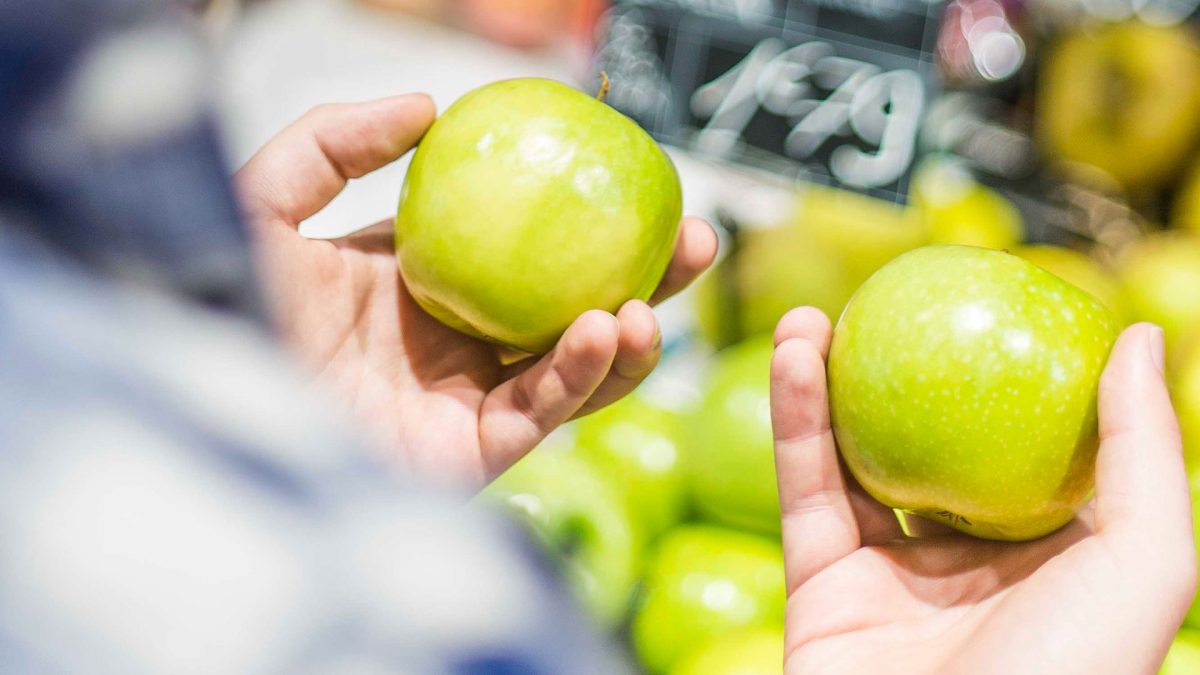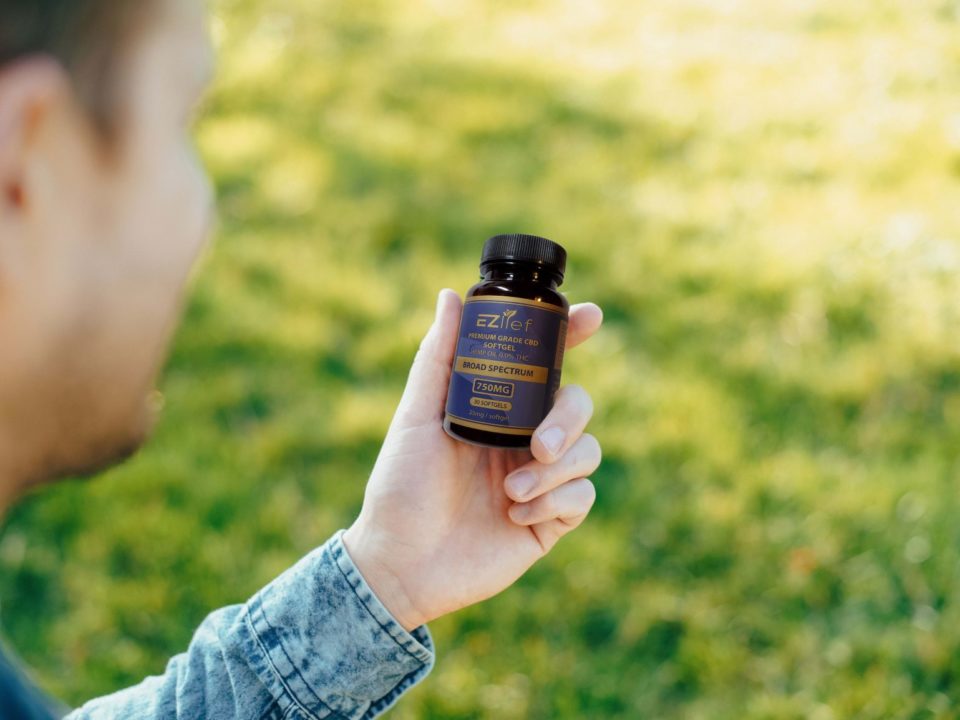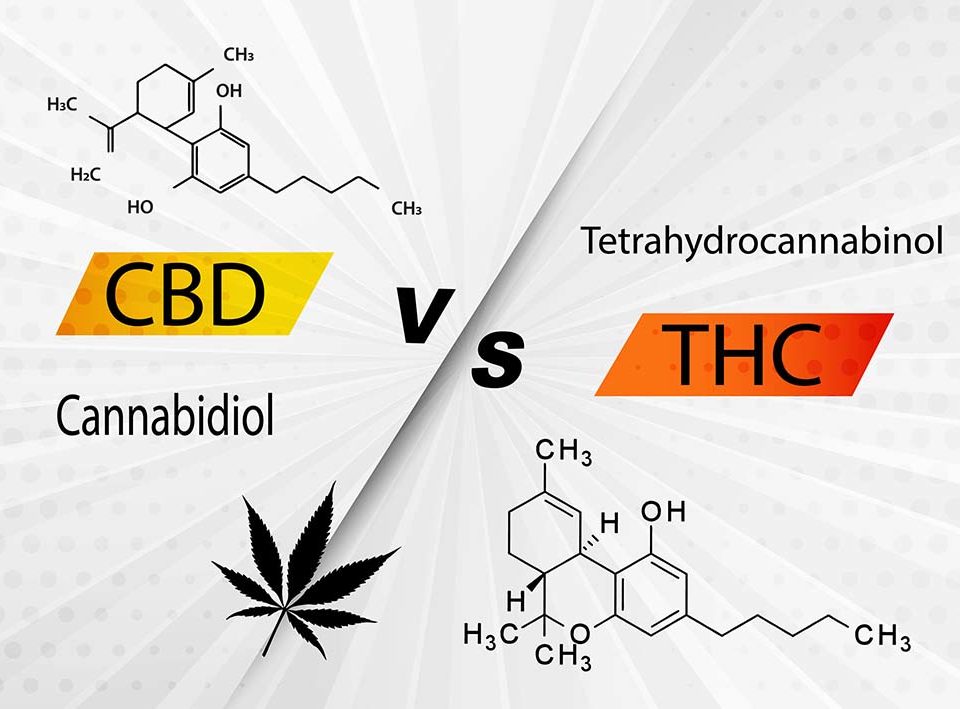Hemp Oil vs CBD Oil: What’s the Difference?

First Time CBD Buying Guide: How to Pick Out What Works for You
December 21, 2019
PCR Hemp Oil – Everything You Need to Know
January 30, 2020CBD is the hot new compound on the market, having bow been tried by as many as 1 in 7 Americans. There is good reason for its popularity. Many anecdotal stories and some scientific evidence has indicated that CBD can be helpful for a variety of physical and emotional conditions.
Unfortunately, because CBD is so new, there is quite a bit of confusion about what it is and what it can do. The general lack of familiarity with the compound has also created a situation where many people don’t understand what is and what isn’t CBD. Hemp oil – also referred to as hempseed oil – is a great example of this. Despite having similar names and similar origins, the two compounds are different and have different chemical compositions and effects. Here’s a more in depth look at both substances, and what the differences are between the two.
What is CBD, and how is it made?
CBD oil is actually short for cannabinoid oil. It can be processed a variety of ways, but is actually made from the cannabis plant. While there are a number of ways of extracting CBD oil from the cannabis plant, the end result is the same. The extraction of CBD which can then been put into tinctures, edibles, vaping juices, capsules, teas, balms and more.
If the CBD is manufactured within legal specifications, it will have no more than .3% THC (short for tetrahydrocannabinol, the substance in marijuana responsible for intoxication). This means that it is impossible to get intoxication from using CBD. Furthermore, there are forms with CBD which contain no THC, and both of these varieties are available for sale.
CBD oil itself works by bonding with your body’s naturally occurring Endocannabinoid System, or ECS. Your body’s ECS is comprised of three different components:
- Producers of cannabinoids.
- The cannabinoids themselves.
- Cannabinoid receptors. Two receptors have been discovered so far (CB1 and CB2). These receptors are found throughout your body.
Your body’s ECS impacts a variety of functions in your body, many of which are associated with keeping your body in a state of homeostasis. As such, it affects your levels of pain, anxiety, sleep, hunger and more.
CBD itself does not actually bond with CB1 or CB2. Instead, it alters the length of time the cannabinoid bonds with the receptors and the strength of that bond. Depending on where in the body this occurs, this can positively – or negatively – impact many bodily sensations.
Research is still ongoing about what areas CBD may impact. However, preliminary research suggests it may hep with pain, inflammation reduction, skin care, anxiety, addiction and more.
What is Hemp Oil, and how is it made?
Hemp oil is a very different substance and should not be confused with CBD. It has been commercially around in some form for decades. And while it appears to have some impacts on your physical health, these impacts are very different – and work very different – then CBD.
Both the processing of hemp oil and its origins are very different than CBD. While CBD can be processed in numerous different ways, hemp oil is made one way: By cold pressing actual hemp seeds. In this process, hemp seeds are first cleaned of any other compounds. They are then cold pressed, and the oil which comes from those seeds is harvested for additional processing or manufacturing.
The hemp oil itself contains a variety of substances, including omega-6 and omega-3 acids. It is also a source of gamma linolenic acid, a specific type of omega-6 fatty acid. What it does not contain more than trace amounts of is CBD or THC. And usually the levels of these substances is virtually undetectable, if present at all.
Once it has been processed, hemp oil can be put into a variety of substances, including milk, granola and more.
There does seem to be some clinical evidence which indicates that hemp oil can make an impact on skin care and inflammation reduction, similarly to the way that CBD works.
The differences between CBD and Hemp Oil
As can be seen from above, CBD Oil and Hemp Oil are not the same thing, despite efforts from some marketers to confuse the two products. In addition to the differences noted above, there are many, many differences between CBD and Hemp Oil. These includes:
Legality and market
- Effectual differences: CBD’s legal availability depends on the country in which you are trying to purchase it. It is legal in most of the United States as a result of the passage of the 2018 Farm Bill, which removed it from the Schedule 1 list of restricted drugs. It is also legal in many other countries throughout the world, though most of those are concentrated in western Europe. By contrast, hemp oil has been legal throughout most of the world for decades, if it was ever illegal at all.
- Time on the market: As a result of the above legal changes, CBD has been on the market for a relatively short period of time. Because of this, many countries, such as the United States, have failed to properly regulate the substance. This leads to a slew of less-than-pure and mislabeled products. Hemp oil has been legal for years. As such, there are much fewer regulatory problems with the substance.
Visual aspect and Impact
- Physical appearance: CBD’s physical appearance is altered based on the substance in which it is put into. By contrast, hemp oil is a clear green oil which can be applied directly to the skin. CBD has no color unless it has been put into a substance.
- Areas of impact: CBD’s main area of influence is clearly geared towards altering the functionality of your endocannabinoid system, which then has a variety of impacts on your body. Hemp Oil, however, does not have an impact on your endocannabinoid system. Instead, it’s main benefits are suspected to come as a result of it’s nutritional value. Though it seems possible that hemp oil does have benefits when applied topically as well.





